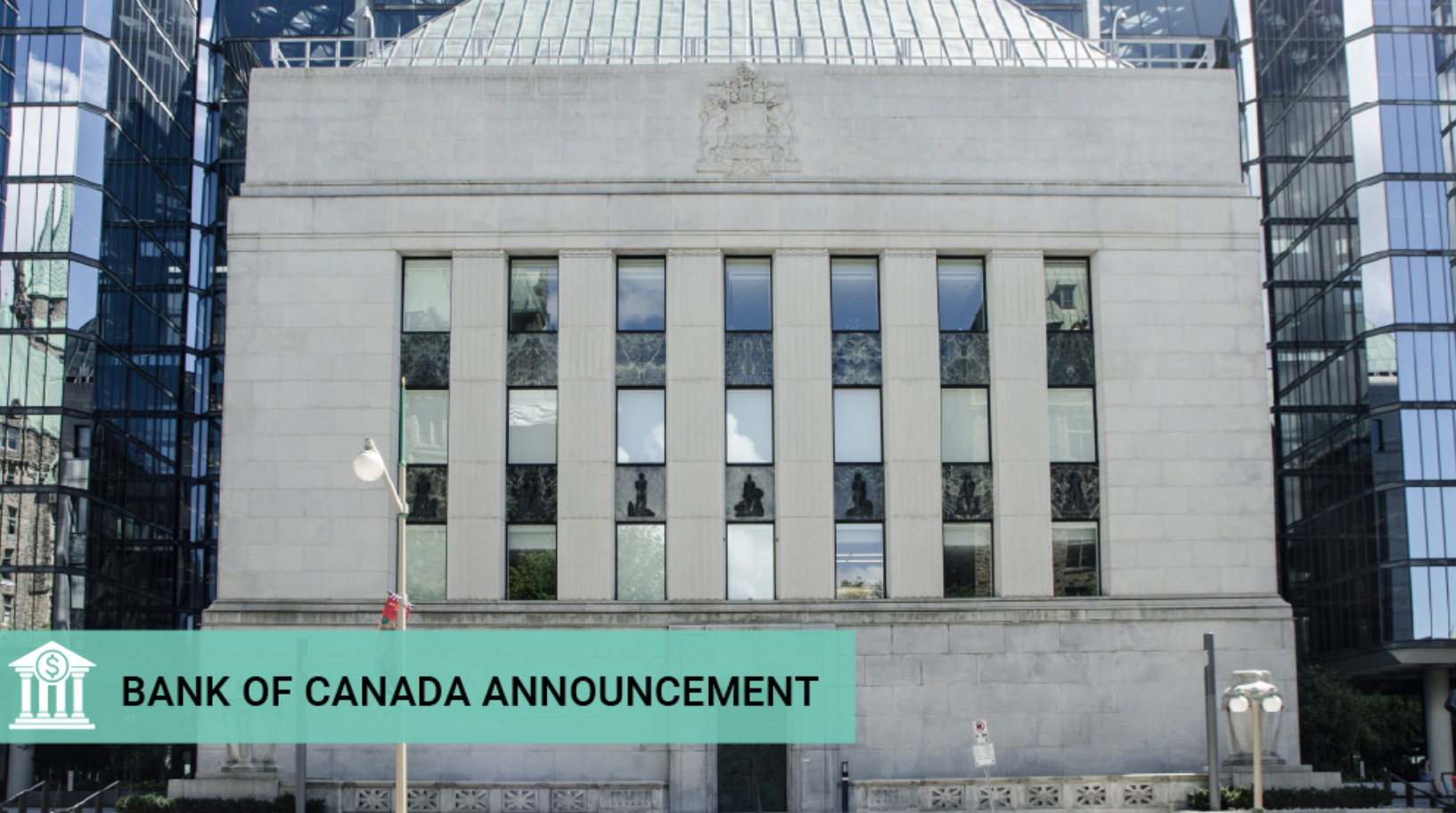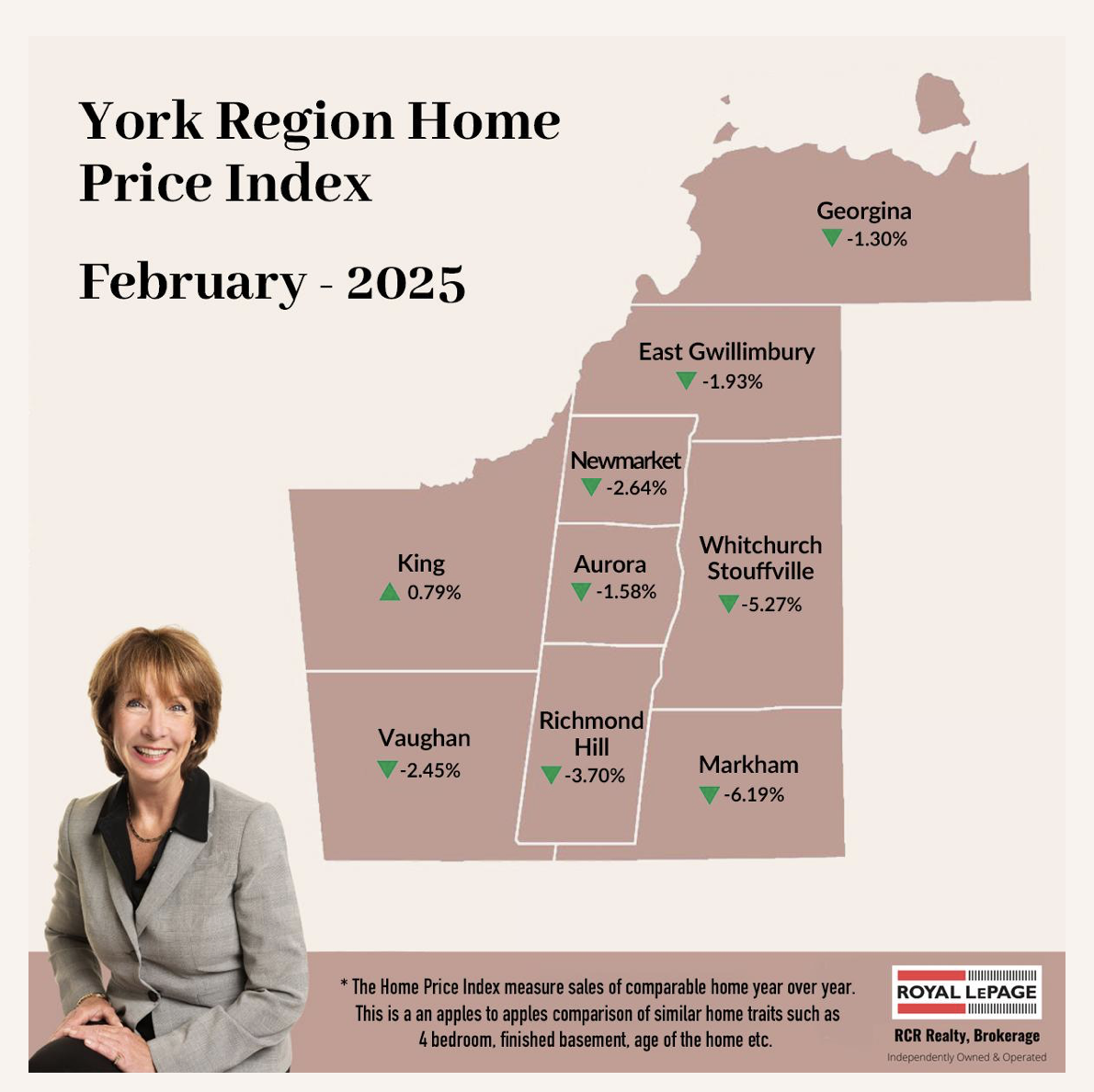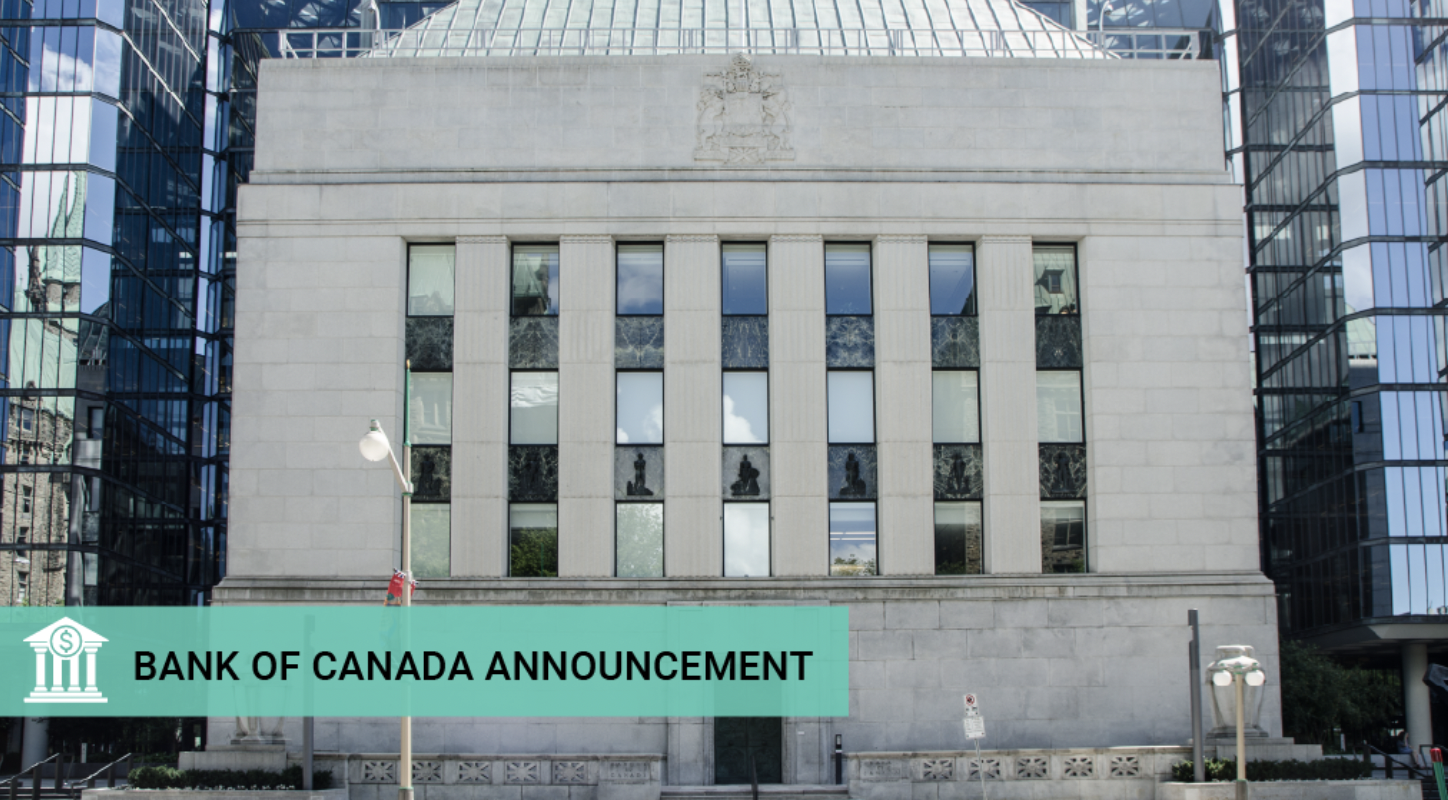After a year defined by economic uncertainty and shifts in government on both sides of the border, 2026 is shaping up to be a true reset for the Canadian real estate market. Increased supply, lower borrowing costs and easing competition are expected to gradually bring more buyers back to the offer table in the year ahead.
The aggregate1 price of a home in Canada is set to remain relatively flat, increasing a modest 1.0% year over year to $823,016 in the fourth quarter of 2026. The median price of a single-family detached property is expected to increase 2.0% to $876,934, while the median price of a condominium is anticipated to decrease 2.5% to $563,918.2
“Solid market fundamentals – including lower interest rates, increased supply, and reduced competition – have created a more favourable environment for consumers,” said Phil Soper, president and chief executive officer, Royal LePage. “First-time buyers and those searching in the country’s most expensive regions have a rare window to act on their home ownership plans at reduced prices. While we don’t expect a sharp rebound, this improved affordability will rebuild market confidence among both buyers and sellers, setting the stage for more sustainable, albeit modest, price growth in 2026.”
Bank of Canada winds down rate cutting cycle
In 2025, the Bank of Canada reduced its target for the overnight lending rate four times, bringing the key rate down to its current level of 2.25%. After an 18-month rate-cutting cycle that followed two-decade-high interest rates, the Bank has now shifted its focus to supporting a cooling economy while keeping inflation on a sustainable path. Economists widely expect the Bank will only make further cuts if the economy shows major signs of weakness as Canada continues to navigate trade tensions with the United States.
“Mortgage rates are no longer the villain in this story. Borrowing costs have stabilized at a level that supports healthy market activity. Buyers can move forward without worrying they are missing out on cheaper money tomorrow. That clarity alone will unlock demand,” concluded Soper.
According to a recent Royal LePage survey, conducted by Burson, 28% of Canadians who currently rent say that, before signing or renewing their current lease, they considered buying a property rather than renting.3 When asked what factors influenced their decision to rent instead, 40% of respondents said they were waiting for property prices to decline, and 29% were waiting for interest rates to decrease further. Respondents could select more than one answer.
New government initiatives could help housing market move ahead
“2026 sees key market fundamentals pointed in the right direction. Recent polls indicate Canadians are satisfied with our political leadership, opening the door for much-needed progress on housing policy,” said Soper. “The 2025 federal budget laid important groundwork – from funding commitments into Build Canada Homes (BCH) to major infrastructure projects – but the real test will be how effectively those measures are executed in the year ahead. If Ottawa follows through, 2026 could be the year we start to see long-promised initiatives turn into real progress for the Canadian real estate industry.”
Introduced in September, BCH is a new government agency responsible for developing, financing and managing affordable housing projects. As part of its first initiative, six public land sites under the Canada Lands Company portfolio have been earmarked to deliver 4,000 factory-built homes.
“2026 will be a transition year for Canada’s housing market, as improved affordability and less competitive conditions continue to favour buyers. We expect activity to build slowly over the next several months, and if the spring market coincides with steadier economic and trade conditions, buyer confidence could strengthen in tandem.
“Canada’s housing market is moving forward again,” Soper concluded. “Improved conditions are drawing buyers back, step by step. The reset is behind us – now we build.”
Read Royal LePage’s 2026 Market Survey Forecast for national and regional insights.
Highlights from the release:
The aggregate home price in the greater regions of Toronto and Vancouver is expected to decrease 4.5% and 3.5%, respectively, while prices in the Greater Montreal Area are forecast to rise 5.0%.
Quebec City is once again forecast to see the highest gains among all major regions in 2026, with the aggregate home price expected to rise 12.0%.
Regina, which continues to see robust demand and constrained supply, is anticipating a 4.0% increase in home prices over the same period. Meanwhile, Ottawa, Calgary, Edmonton, Halifax and Winnipeg are expected to see prices rise no more than 2% in 2026.
Source Royal LePage Canada










![OPEN HOUSE [ Sun Dec 22nd 2-4 pm] - 116 Tyson Drive](/wps/rest/61721/blog/lrbs/lrbsnluxywde.jpg)
